Opening the Door for Inclusion on the Playground
To promote inclusion on the playground, take your cue from the children.
We were at the park on a beautiful spring day, and though I looked engrossed in my book, I was listening intently to my boys’ conversation with another boy on the playground. The third little boy took the lead in their play, and he was busy organizing the group when he paused. He leaned in, looked Alex, my older son, right in the face and said, “I can’t understand you, can you understand me?” I took my cue and hopped up to help.
My boys have Down syndrome, and their speech is often unclear. I explained that to this boy, who asked if they were speaking English. After assuring him that they were, I returned to my park bench with a promise to help him understand.
The boy on the playground continued to pepper me with questions here and there. He was curious about his new friends. His mother and I exchanged frequent smiles at the dialogue, which kept an earnest and sweet quality throughout. Once she got a feel for how we roll, she chimed in, helping her young son acclimate to his new friends. This went on for a while until they left, and as all good things do, our fun afternoon outing came to an end.
Sometimes other kids just don’t know how to play with children who have less independence or unclear speech, like my boys.
Our family outings are a toss-up. Ben has autism in addition to Down syndrome, and is prone to meltdowns. Sometimes other kids just don’t know how to play with children who have less independence or unclear speech, like my boys. We have gone to that park and many others numerous times throughout the years, and our boys will play with anyone, from toddler to teen. Most of the time, there’s a tense inclusion on the playground, where the other kids don’t quite know how to roll with mine. I suspect that one child with Down syndrome would be enfolded, but since mine come in a pair, the dynamic can be different. Though I wish it weren’t the case, they have received silent exclusion; sometimes the other kids, without saying a word, join together and keep them on the periphery.
I often find that if I offer little tidbits of help for the other kids on the playground that I can often demystify any confusion other children have about my boys
It has been said that a child will lead them, and I have since taken my cue from the child who was bold enough to ask about the communication challenge. I often find that if I offer little tidbits of help for the other kids on the playground that I can often demystify any confusion other children have about my boys and recreate the idyllic scene from that Spring day. That sweet, inquisitive, unafraid little boy created his own path to inclusion on the playground and paved the way for others by showing me how to get it started.
I realize that I cannot expect others to enjoy playing with my kids when they haven’t spent time with people who have different abilities before, but if I give them just that small crack in the door, it’s enough for them to charge right though, and everyone benefits.

Alethea Mshar is a Special Needs Mom and Blogger.
Read her blog, Ben’s Writing, Running Mom
Follow her on Facebook






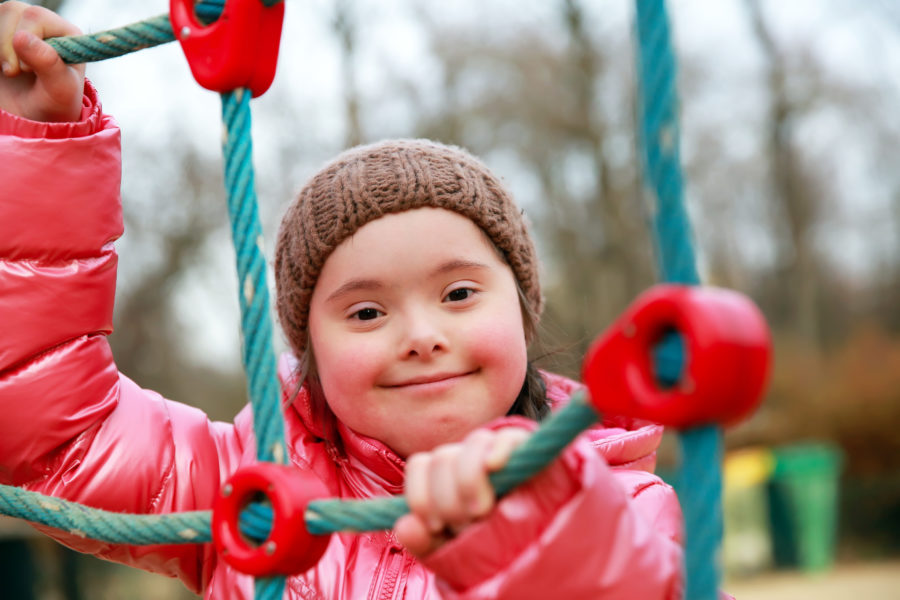

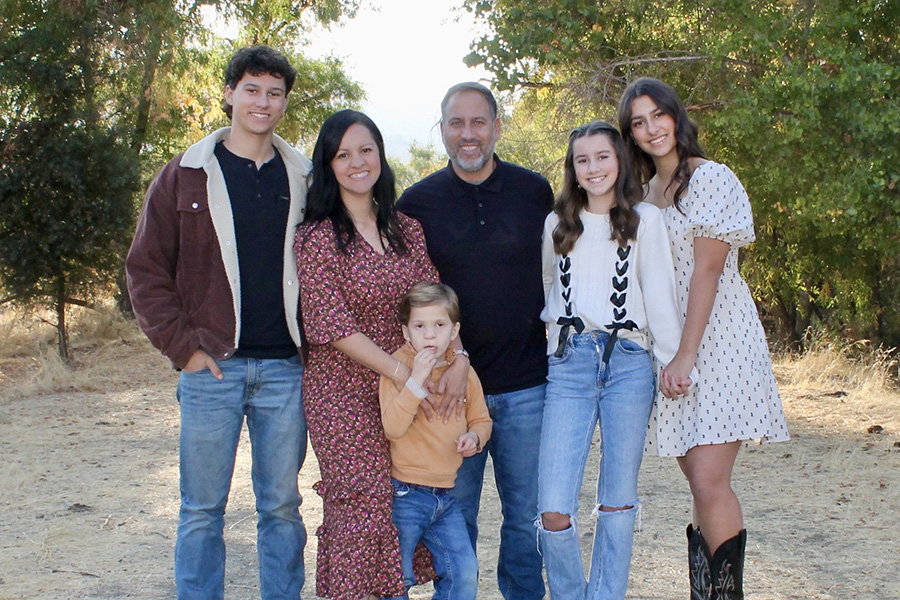


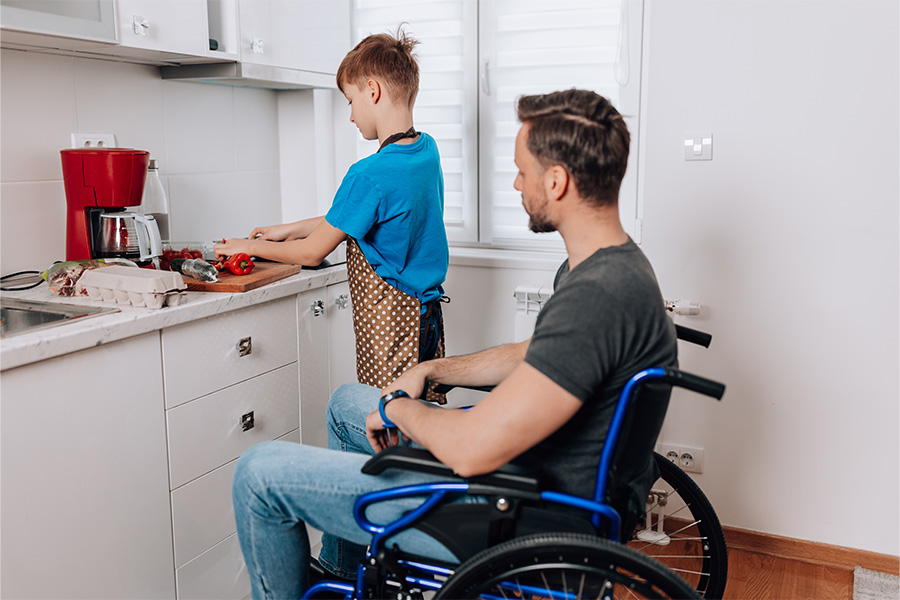
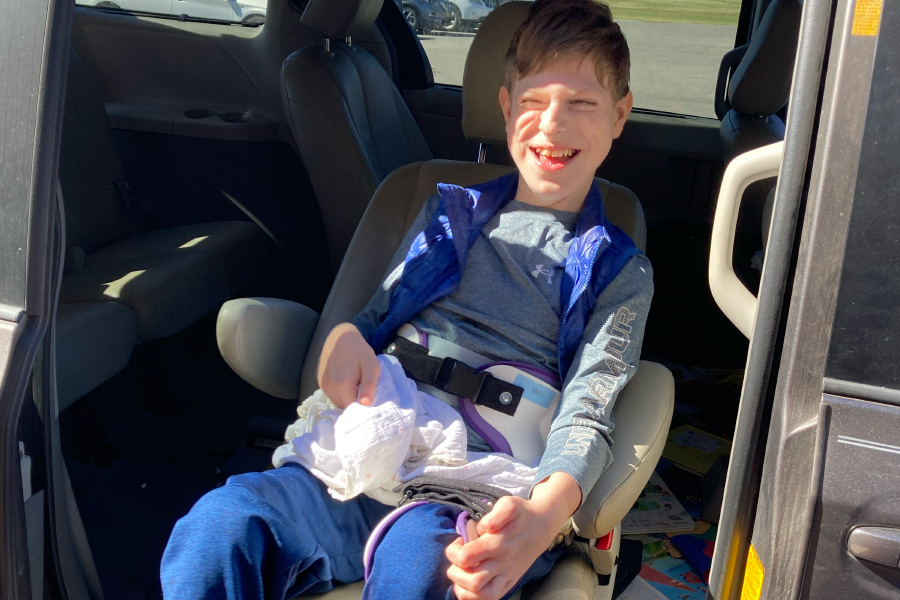
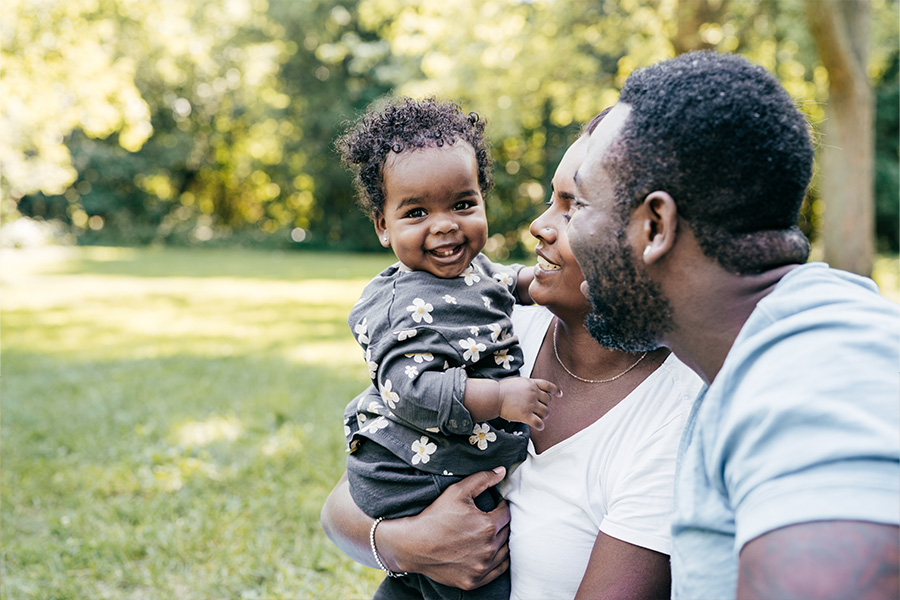

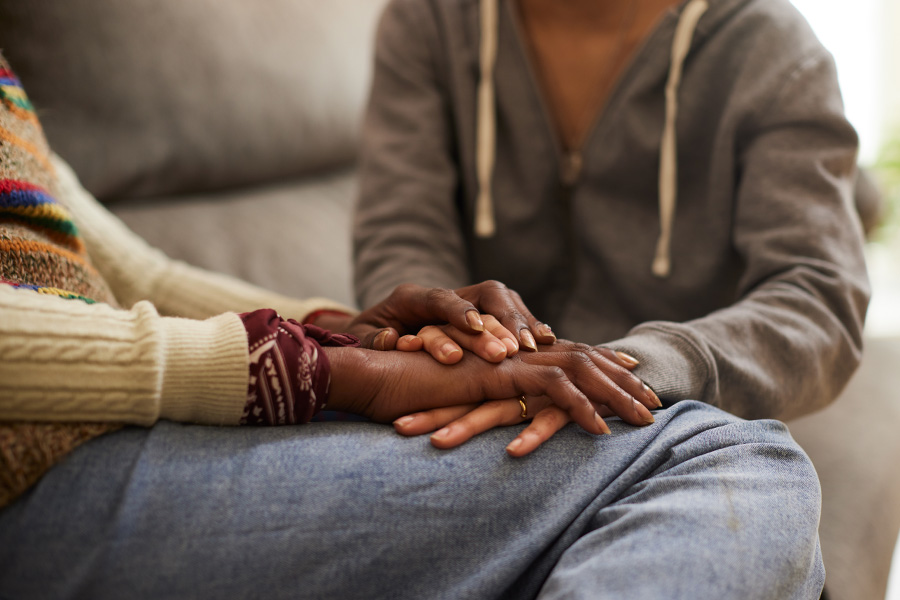
I experience this with my son who is autistic. I hurt for him so bad sometimes. But i definitely am a mom who likes to let the kids know. I also believe it opens their eyes (hopefully) to be a little more understanding.
Its tough for our kids. My son is so happy and excited to play with other kids he doesnt even realize the they arent being nice and it becomes a game for the typical kids. I am a total helicopter mom. Lol. Thanks for you article !!!